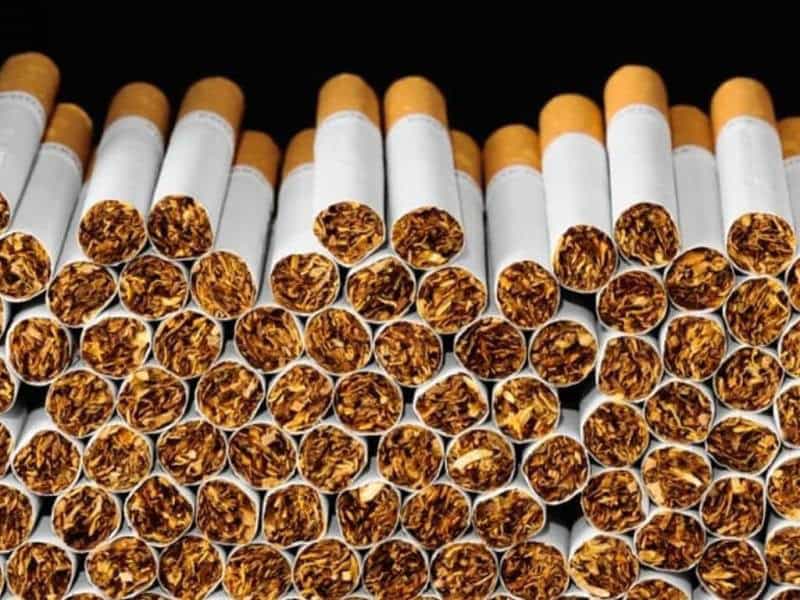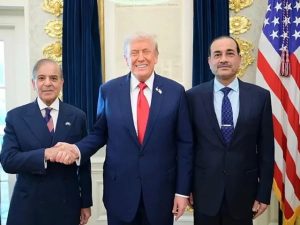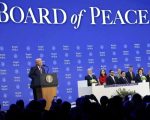As Pakistan steps up regulatory pressure on its formal tobacco industry, a much larger threat continues to flourish unchecked. Illicit cigarette brands – neither taxed nor regulated – now account for over half of the market, operating openly and with impunity.
These brands evade taxation entirely, adhere to no rules, and continue to grow rapidly. Enforcement efforts remain focused on the visible, regulated players, while the real damage stems from what lies beneath the surface.
Despite contributing close to Rs270 billion annually in taxes, the formal tobacco sector has seen its market share shrink to just 46 per cent. The rest is now controlled by illegal manufacturers selling cigarettes at a fraction of the legal price, causing an estimated Rs415 billion loss to the national exchequer every year. This is money that could have been invested in critical areas, such as healthcare, education, or debt servicing.
Instead, it is being siphoned off by illicit networks thriving under minimal oversight. Critics argue that part of the problem stems from misplaced public health advocacy.
International non-governmental organisations such as Campaign for Tobacco-Free Kids and Vital Strategies focused their efforts on regulated companies while turning a blind eye to the burgeoning illicit trade. Last year, the Ministry of Interior ordered both INGOs to cease operations for violating local laws, specifically for operating without registration, funding local groups without prior approval, and participating in policy discussions without authorisation. Once considered key voices in the fight for better health outcomes, their activities are now being questioned for regulatory overreach and interference.
“This is no longer a tobacco issue – it is a structural crisis,” said Fawad Khan, spokesperson for Mustehkam Pakistan. “We are watching the rule-breakers dominate the market while those following the law are penalised. In the end, it’s the country that pays the price.”
Meanwhile, global financial institutions, such as the International Monetary Fund (IMF), continue to urge Pakistan to widen its tax base and reduce revenue leakages. However, economic experts warn that these goals are unattainable as long as entire sectors, such as illicit tobacco, remain beyond the reach of the tax net. The real issue is not just raising taxes, they say, but enforcing them evenly.














